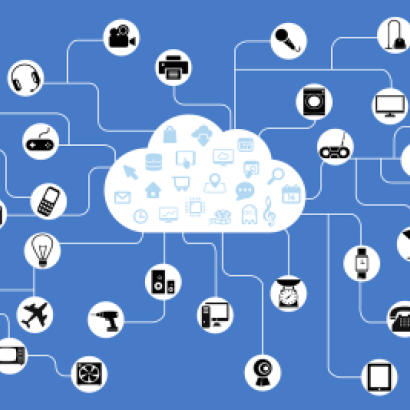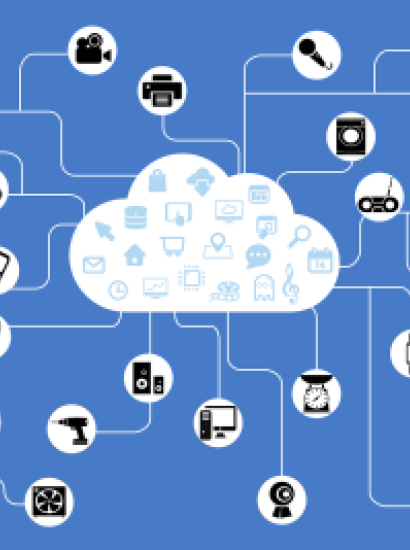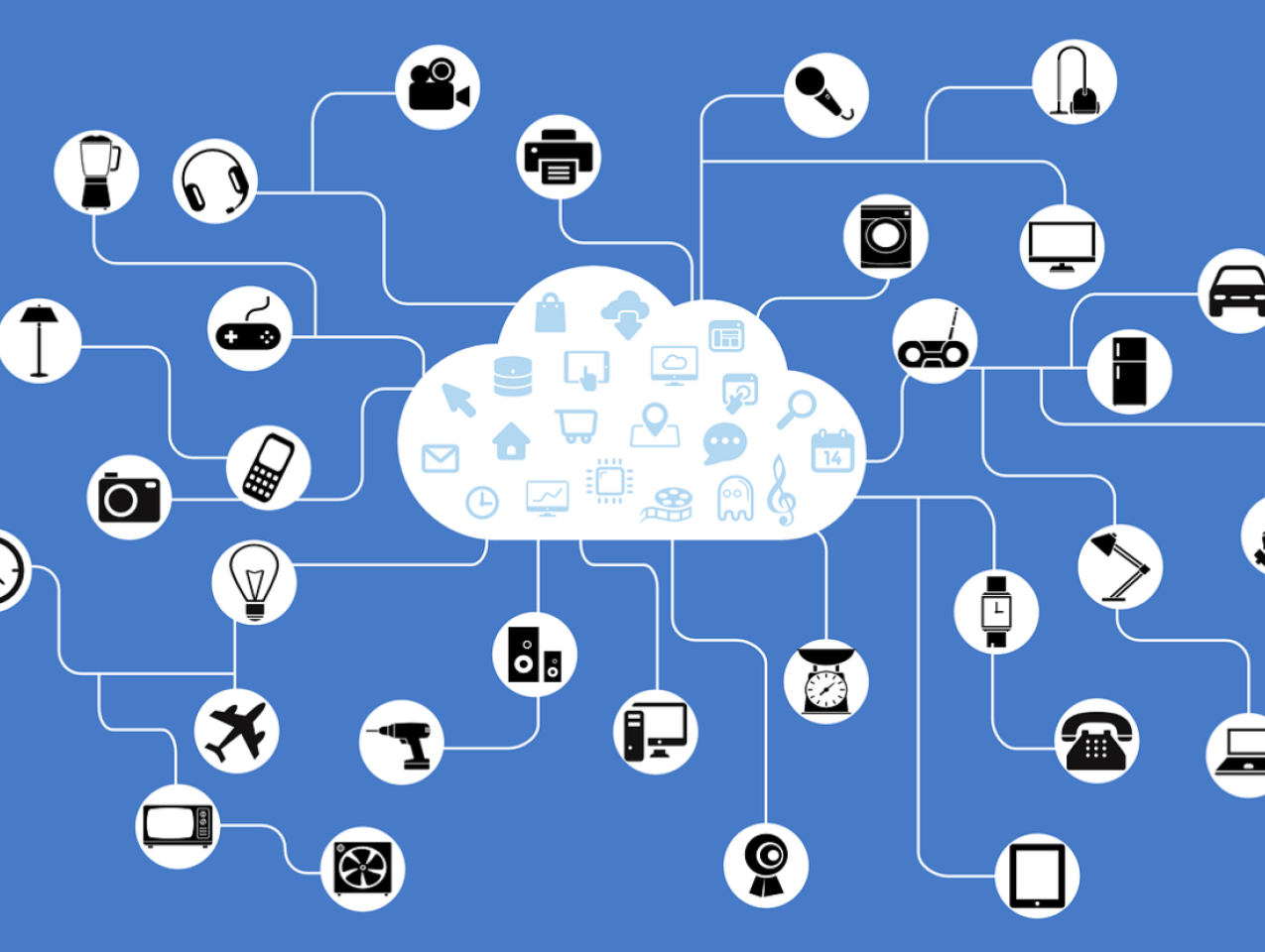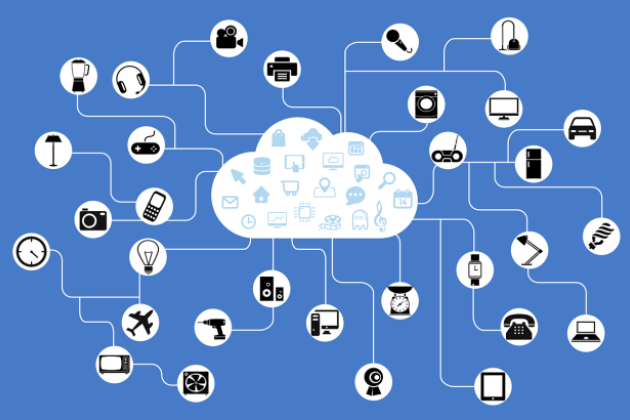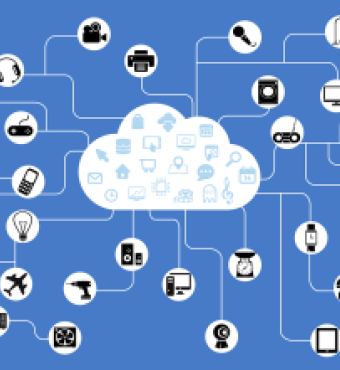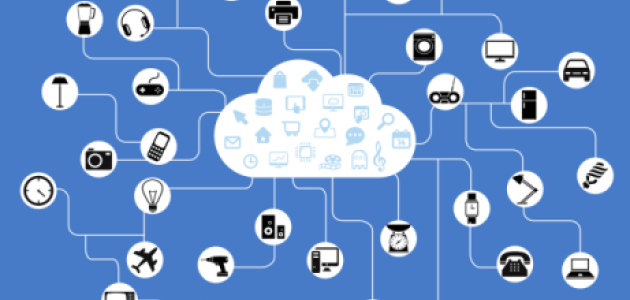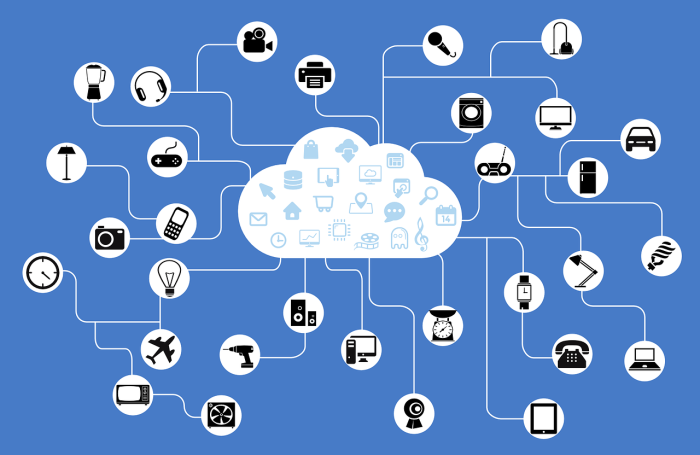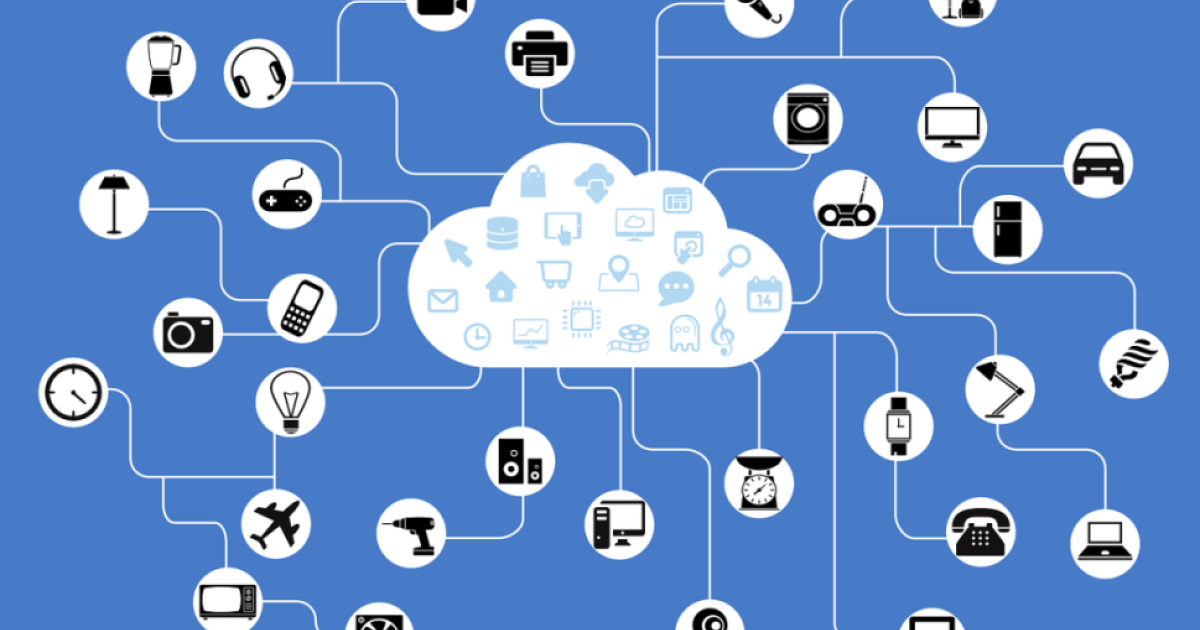
As the 4th Industrial Revolution progresses, the Hoover Institution Working Group on Intellectual Property, Innovation, and Prosperity (Hoover IP²) is looking towards a new horizon of patent policy that is tied to a crucial component of this technological revolution: the Internet of Things (IoT). The IoT will be the focus of Hoover IP²’s upcoming conference, the “Market for Regulation in the Internet of Things,” to take place January 10–11, 2019.
The IoT promises to drive down costs of manufacturing, transportation, logistics, retailing, electrical power production and distribution, agricultural production, and medical care, among other sectors. IoT technologies will generate economic surplus by permitting even greater trade and specialization among technology producers and technology implementers.
However, “technological innovation often creates new battlefields over which protagonists seek to garner more of the economic surplus generated by trade and specialization, and the technologies that underpin the IoT are unlikely to be an exception to this general rule,” Hoover IP² director Stephen Haber explains. “As in every other industry and every other wave of new technology, there will be a market for regulation.” Governments, developers, and implementers each have a stake in the market for regulation of the IoT and will put forward arguments as to how the surplus should be disturbed amongst themselves.
As many of these IoT innovations will rely on a broad range of patented technologies, such as LIDAR, blockchain, 4G cellular and, of course, the rapidly progressing 5G, some of the debates regarding what form regulations should take will have implications for patent policy, adding a new dimension to ongoing discussions of standards, FRAND, patentability, and antitrust.
The “Market for Regulation in the Internet of Things” conference will explore questions regarding IoT regulations through the lens of autonomous vehicles, a prescient subject for discussion given the wide array of IoT applications that comprise smart car technologies and their advanced stage of development. The conference agenda will consist of panels of academics, policy makers, and industry representatives discussing policies that will affect the IoT and autonomous vehicles’ commercial development and implementation.
Haber remarked “Technological revolutions improve the human condition, but every disruptive technology is accompanied by regulatory, legal, and political challenges. Addressing these challenges requires clear thinking and the dispassionate assessment of evidence, which is to say that university researchers will play a crucial social function in the debates over the IoT and the technologies that underpin it.”
If you are interested in attending the conference, please contact us. You may view the agenda here.
The conference is the eleventh in a series of semiannual conferences organized by Hoover IP². The conferences feature presentations of leading academic research addressing intellectual property rights, particularly how intellectual property rights affect innovation. Papers and arguments presented at the Hoover IP² conferences emphasize reason, data, and evidence over rhetoric and ideology.







